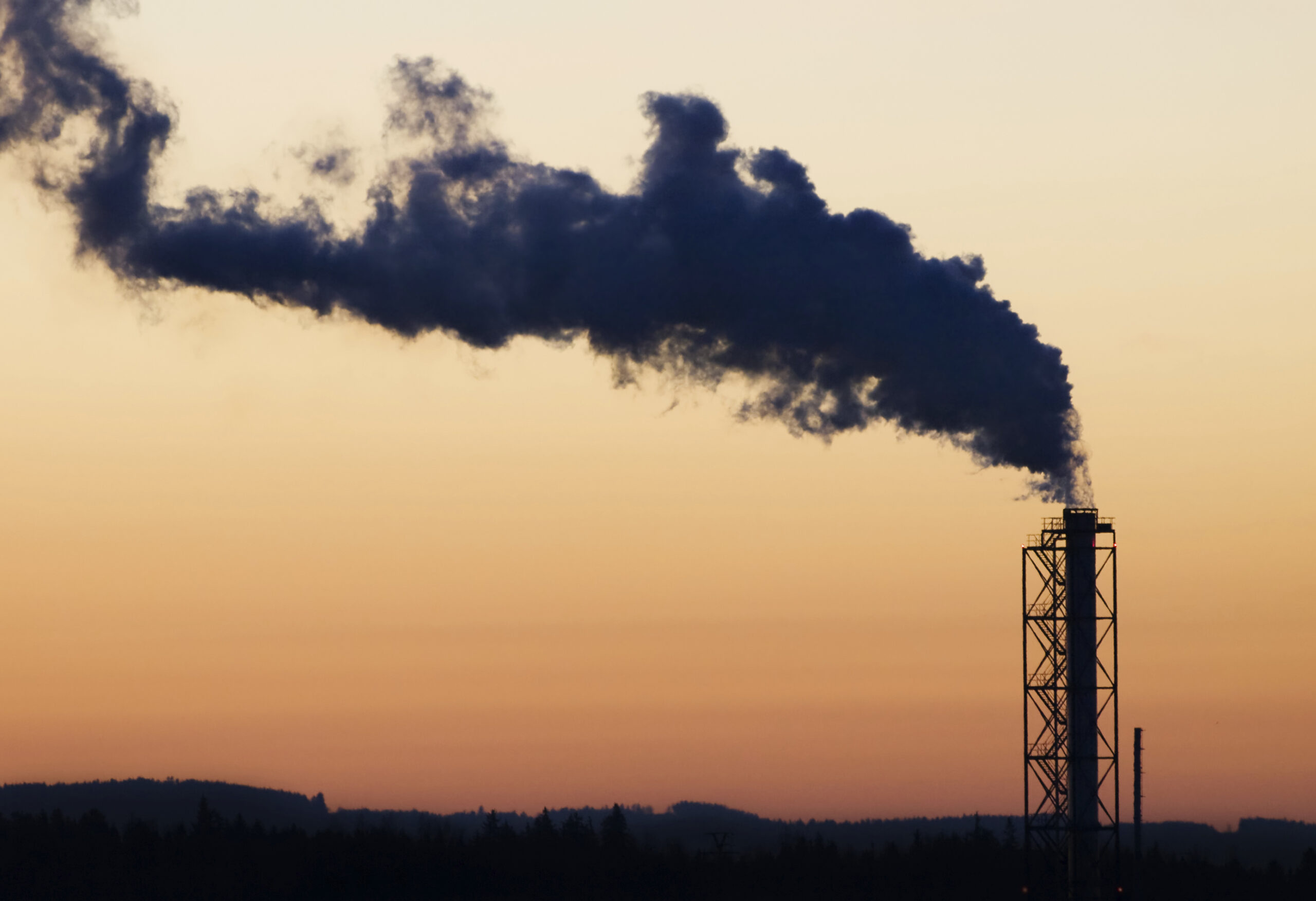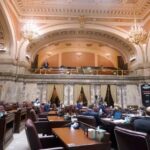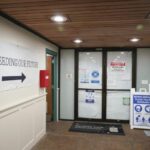

(The Center Square) – Washington state held its first quarterly carbon auction of the year on March 6, selling all 7.4 million allowances at a final settlement price of $25.76 to bring in nearly $192 million, according to a preliminary summary report released Wednesday by the Department of Ecology.
That’s on top of the slightly more than $2 billion last year’s four quarterly auctions and two Allowance Price Containment Reserve auctions generated. The APCR is a separate pool of allowances that can be released into the market when increased demand at a quarterly auction pushes prices above a certain level.
“Ecology will release information on April 3, 2024, in the Auction Public Proceeds Report, providing the final amount of proceeds generated from Auction #5,” the summary report reads.
Per the Climate Commitment Act passed by the state Legislature and signed into law by Gov. Jay Inslee in 2021, Washington’s cap-and-trade program requires emitters to obtain “emissions allowances” equal to their covered greenhouse gas emissions. Similar to stocks and bonds, these allowances can be obtained through quarterly auctions hosted by Ecology.
Money raised from the auctions goes to the Legislature, which intends to spend it on programs mitigating the effects of climate change, as well as clean energy programs.
The program’s future, however, is uncertain due to Initiative 2117, which would repeal the CCA and do away with Washington’s carbon market. The fate of the program, via I-2117, will be in the hands of voters to uphold or reject this November.
Several other factors are in play when it comes to Washington’s controversial cap-and-trade program.
Former Washington State Department of Transportation economist Scott Smith recently filed a whistleblower complaint in Thurston County Superior Court, alleging he was fired after refusing to keep quiet about his calculations last year showing Washington’s cap-and-trade program would increase gas prices by 45 to 50 cents per gallon.
Inslee had predicted consumers would see a cost increase of “pennies” at the pump and blamed oil-industry profits as a cause of high gas prices – the highest in the nation at one point – in 2023.
Efforts are underway to merge Washington’s carbon market with the joint California-Quebec market to lower the cost of carbon allowances.
An October 2023 analysis by Ecology found that a larger, linked market would result in more predictability when it comes to allowance prices and incentivize businesses to increase investments to curb their greenhouse gas emissions.
The report warned that failing to pursue linkage could doom the entire program.
This session, the Legislature passed Senate Bill 6058 to facilitate linking Washington’s carbon market with those of California and Quebec. Inslee is expected to sign the bill into law.





